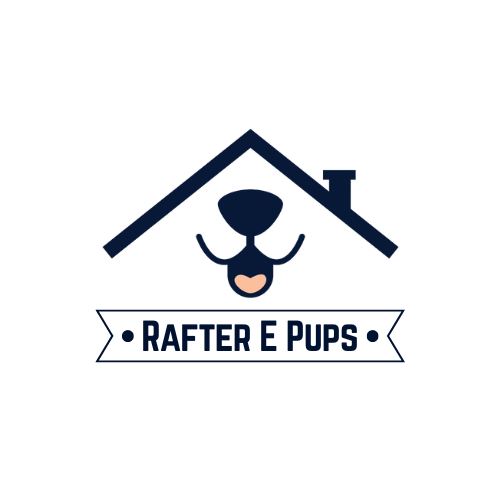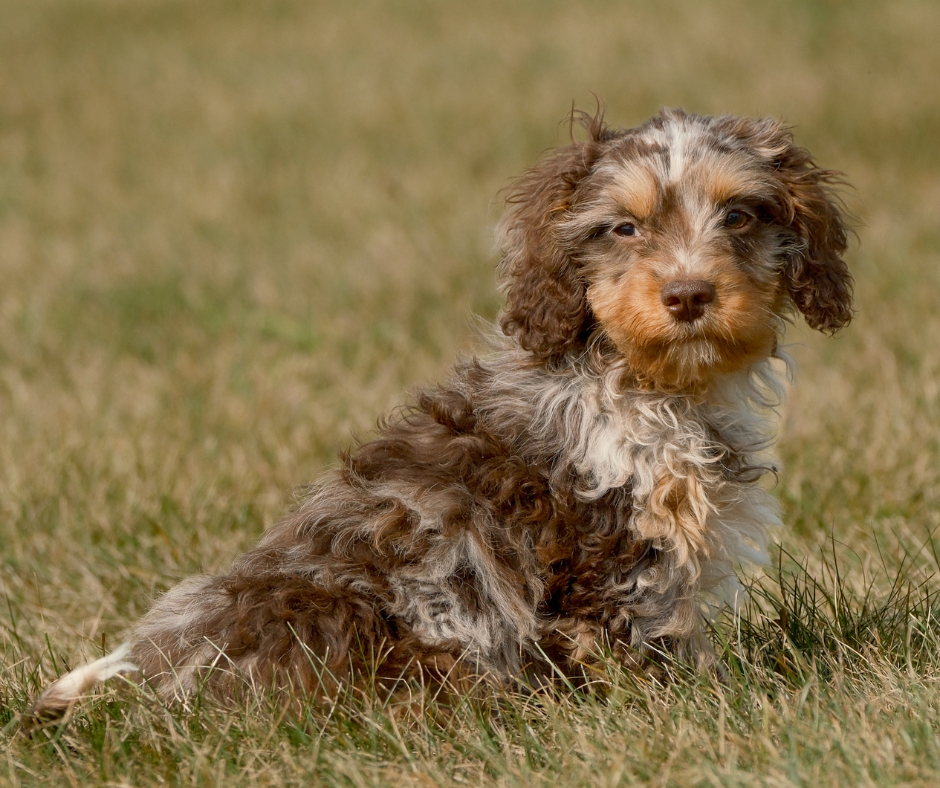Cavapoos, a delightful mix of Cavalier King Charles Spaniels and Poodles, are known for their friendly temperament and hypoallergenic coats. However, like many breeds, they can be prone to food allergies, which can affect their overall health and quality of life. Understanding common food allergies in Cavapoos and how to manage them is essential for ensuring their well-being.
Cavapoos commonly suffer from food allergies to proteins (beef, chicken), grains (wheat, corn), dairy, and soy. Symptoms include itching, vomiting, and diarrhea. Manage by using hypoallergenic or limited-ingredient diets, avoiding known allergens, and consulting your vet for proper diagnosis and treatment.
Understanding Food Allergies in Cavapoos
Food allergies occur when a dog's immune system mistakenly identifies a normally harmless substance as a threat. This can trigger an immune response that causes inflammation and other symptoms. In Cavapoos, food allergies can be particularly challenging to diagnose due to their mixed breed nature, which may influence their sensitivity to certain ingredients.
Common Food Allergies in Cavapoos
Cavapoos, known for their friendly nature and charming appearance, can also face health challenges, including food allergies. These allergies can affect their comfort and well-being, leading to symptoms like itching, digestive issues, and skin problems. Understanding common food allergies in Cavapoos is crucial for providing effective care and ensuring their overall health.
Proteins:
- Beef: Beef is a common allergen in many dogs, including Cavapoos. Allergic reactions to beef can cause symptoms like itching, ear infections, and gastrointestinal issues.
- Chicken: Chicken is another frequent allergen. Symptoms may include skin irritation, diarrhea, and vomiting.
- Lamb: Although less common, some Cavapoos may be allergic to lamb. Reactions can be similar to those caused by other proteins.
Grains:
- Wheat: Wheat is a common allergen that can lead to gastrointestinal upset, skin issues, and itching.
- Corn: Corn can also cause allergic reactions in some Cavapoos. Symptoms might include itchy skin and digestive problems.
Dairy:
- Many dogs, including Cavapoos, are lactose intolerant. Dairy products can lead to gastrointestinal distress such as diarrhea and vomiting.
Soy:
- Soy is another potential allergen that can cause skin issues and digestive upset in some Cavapoos.
Artificial Additives:
- Some Cavapoos may react negatively to artificial colors, flavors, and preservatives found in processed dog foods.
Identifying Food Allergies in Cavapoos
Identifying food allergies in Cavapoos can be challenging due to their diverse symptoms and the overlap with other health issues. Recognizing the signs of food allergies is essential for addressing them promptly and effectively. Key signs to look out for include:
Skin Problems:
- Itching and Scratching: Persistent itching and scratching, especially around the ears, paws, and belly.
- Hot Spots: Red, inflamed areas of the skin that can become infected if not treated.
- Ear Infections: Frequent ear infections can be a sign of food allergies.
Gastrointestinal Issues:
- Diarrhea: Frequent, loose stools can indicate an adverse reaction to food.
- Vomiting: Recurrent vomiting may be a sign of food intolerance or allergy.
- Gas and Bloating: Excessive gas and bloating can also be related to food allergies.
Behavioral Changes:
- Restlessness: Allergies can cause discomfort that may lead to restlessness or behavioral changes.
- Loss of Appetite: Some Cavapoos may lose interest in food if they associate it with discomfort.
Diagnosing Food Allergies in Cavapoos
Diagnosing food allergies in Cavapoos involves a systematic approach to pinpoint the exact cause of their symptoms. Given the complexity of allergy responses and their overlap with other health issues, it's crucial to follow a thorough diagnostic process. Here’s a step-by-step approach:
Consult a Veterinarian:
- History and Symptoms: Provide your vet with a detailed history of your Cavapoo's symptoms, diet, and any recent changes.
- Physical Examination: Your vet will perform a physical examination to rule out other causes of the symptoms.
Elimination Diet:
- Novel Proteins: Start with a diet that includes novel proteins and carbohydrates not previously fed to your Cavapoo. Common choices include venison, rabbit, or sweet potato.
- Single-Ingredient Treats: Use single-ingredient treats that match the novel protein and carbohydrate sources.
Reintroduction Phase:
- Gradual Reintroduction: Slowly reintroduce one ingredient at a time to determine which one causes a reaction.
- Observation: Monitor your Cavapoo for any signs of allergic reactions during the reintroduction phase.
Allergy Testing:
- Blood Tests: Your vet may recommend allergy testing to identify specific allergens.
- Skin Tests: In some cases, skin tests may be used to determine sensitivities.
Managing Food Allergies
Managing food allergies in Cavapoos requires a careful and proactive approach to ensure their health and comfort. Once allergens are identified, it’s essential to implement strategies that prevent exposure and alleviate symptoms. Here’s how to manage food allergies effectively:
Choose Hypoallergenic Foods:
- Limited Ingredient Diets: Select commercial dog foods formulated for food allergies with limited ingredients.
- Grain-Free Options: Consider grain-free diets if grains are a known allergen.
Prepare Homemade Meals:
- Consult a Vet: Work with your veterinarian to create a balanced homemade diet that avoids allergens.
- Ensure Balance: Ensure that homemade meals provide all the essential nutrients your Cavapoo needs.
Avoid Treats with Allergens:
- Read Labels: Check ingredient lists on treats and avoid those containing known allergens.
- Homemade Treats: Consider making your own treats using allergy-friendly ingredients.
Monitor and Adjust:
- Regular Check-Ups: Schedule regular vet visits to monitor your Cavapoo’s health and make dietary adjustments as needed.
- Record Keeping: Keep a journal of your Cavapoo’s diet, symptoms, and any changes to help track and manage allergies.
Manage Secondary Issues:
- Skin Care: Use hypoallergenic shampoos and conditioners to soothe irritated skin.
- Ear Care: Regularly clean your Cavapoo’s ears if they are prone to infections.
Preventing Food Allergies
Preventing food allergies in Cavapoos involves proactive measures to minimize the risk of developing sensitivities. While not all allergies can be prevented, careful management of their diet and environment can significantly reduce the likelihood of allergic reactions. While it’s not always possible to prevent food allergies, you can take steps to minimize the risk:
Introduce New Foods Gradually:
- Slow Introduction: When introducing new foods, do so gradually to monitor for adverse reactions.
Avoid Common Allergens:
- Select Hypoallergenic Options: Choose dog foods that are less likely to cause allergies, such as those with novel proteins and limited ingredients.
Maintain a Healthy Diet:
- Balanced Nutrition: Ensure your Cavapoo receives a balanced diet to support overall health and immune function.
Food allergies can significantly impact the well-being of Cavapoos, but with careful management and attention, you can help your furry friend live a comfortable and happy life. By understanding common food allergens, recognizing symptoms, and implementing effective management strategies, you can provide the best care for your Cavapoo. Always consult with your veterinarian to tailor the approach to your dog's specific needs and ensure they receive the most appropriate treatment for their food allergies.

